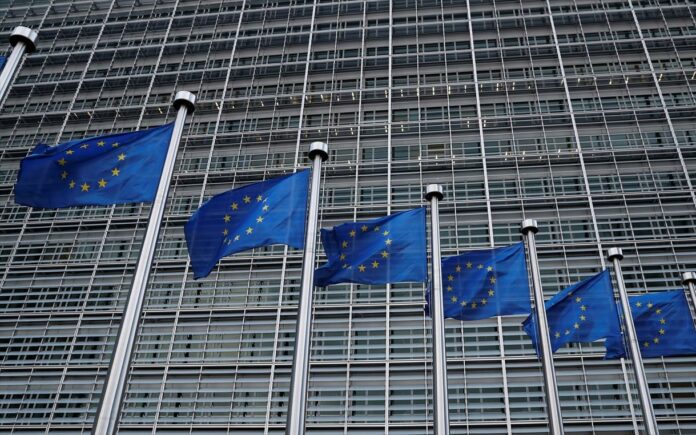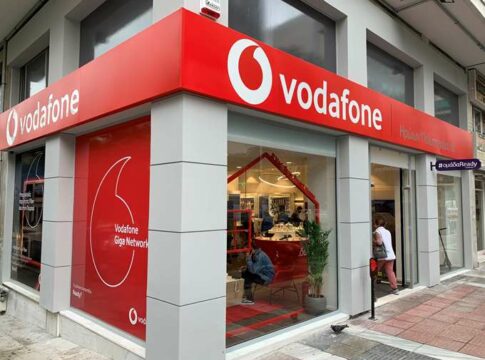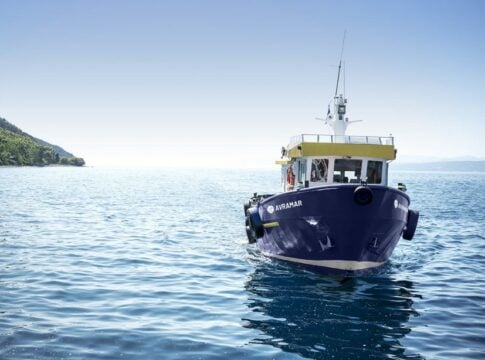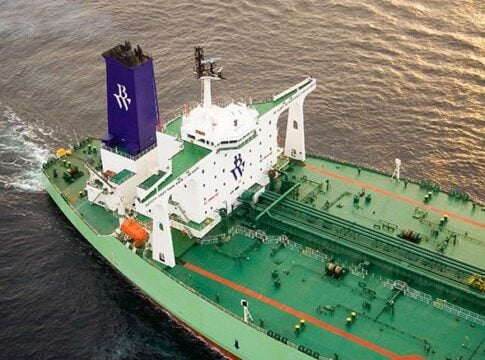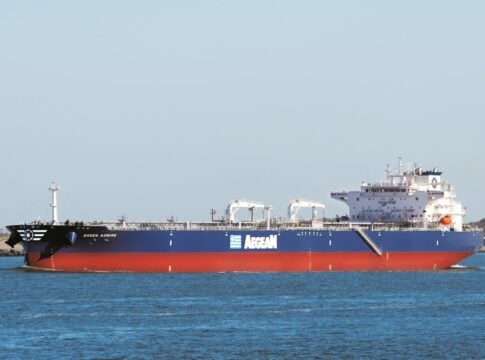By V. Kostoulas
vkost@naftemporiki.gr
Recession-battered Greece ranks in first place in terms of financing from the so-called “Juncker plan”, in relation to its GDP, Commission sources said last week, a more-or-less expected result given the country’s urgent need for investments via European programs, compared to other Eurozone members.
To date, 2.1 billion euros from the European Fund for Strategic Investments (EFSI) have been funneled to Greece, with the prospect of up to 8.1 billion euros being directed at the SE European country by the program’s end.
Moreover, Greece ranks sixth in terms of applications for funding, with 34 projects submitted so far, out of a total of 548 Europe-wide – 234 in the public sector; 292 in the private sector and another 22 by other entities.
At present, 12 projects budgeted at 1.8 billion euros have been approved in Greece, with the final target being 5.7 billion euros in funding for the specific endeavors. These projects mostly involve infrastructure and innovation, i.e. a 24-million-euro loan for the construction and operation of a 50MW-wind farm in the south-central prefecture of Viotia, and specifically at the Tanagra site.
In terms of financing for SMEs, nine framework lending agreements with banks, as the intermediaries, have been approved. The initial credit line of 319 million euros has a ceiling of 2.4 billion euros in this category for Greek SMEs.
A whopping number of SMEs in the country, calculated at no less than 11,300, are expected to benefit from the Juncker stimulus plan’s emphasis on easier and more favorable access to financing, such as the Manifoods unit that processes the eponymous Kalamata olives.


